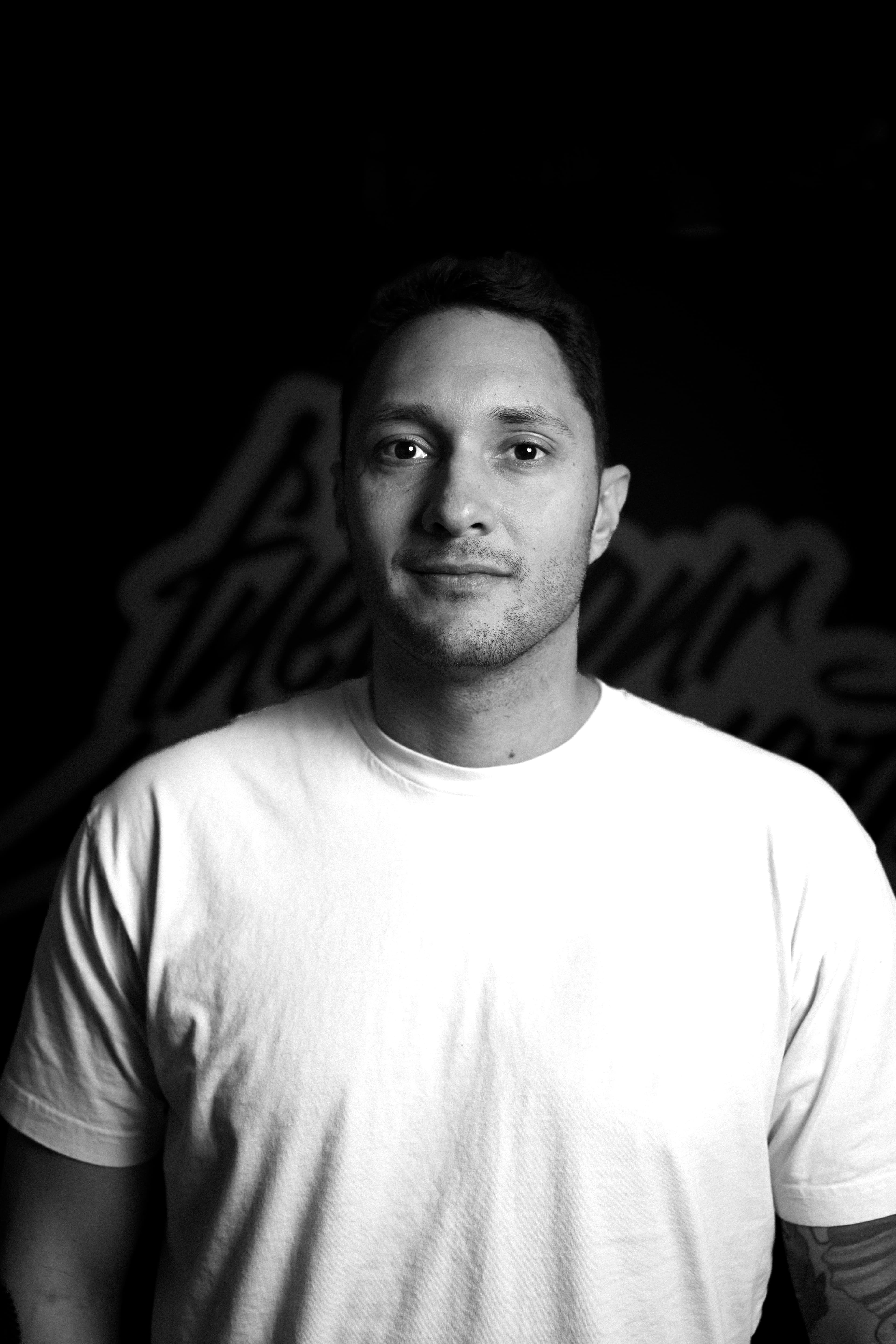From the Flight Deck to the Tech Deck: Why I Built CivReady
I'll never forget sitting at my kitchen table at 2 AM, staring at my 47th resume attempt.
I was a Navy Chief Petty Officer, a Naval Aircrewman who'd spent years flying missions, leading sailors, and earning awards and evaluations that meant something in the military. I had an undergraduate degree in Computer Science and a Master's in Software Engineering. On paper, I should have been a hiring manager's dream for software engineering roles.
But after 100+ job applications, my phone wasn't ringing.
The Translation Problem
The issue wasn't my qualifications—it was my resume. Civilian recruiters had no idea what a "Chief Petty Officer" was, why my Navy Achievement Medal mattered, or what "supervised maintenance operations for P-8 aircraft" translated to in business terms.
My evaluations were filled with "sustained superior performance" and "invaluable leadership"—military-speak that meant nothing to someone in tech who'd never served. I was using words like "platform" (they thought software, I meant aircraft) and "mission-critical operations" (they thought I was being dramatic).
The Expensive Lesson
Desperate, I hired professional resume writers. I paid good money for people who claimed to specialize in military transitions. They reformatted my resume, made it "pretty," and sent it back.
It still didn't work.
Why? Because they didn't understand military awards, evaluation systems, or how to translate the weight of a Navy Comm into a civilian achievement. They couldn't explain that managing aircraft maintenance meant overseeing multi-million dollar assets with zero margin for error. They didn't know how to turn my leadership of aircrewmen into "managed high-performing technical teams in time-sensitive, safety-critical environments."
They made my resume look nice. They didn't make it work.
The Breakthrough
After 100+ applications, countless rejections, and more resume revisions than I care to count, I finally landed a Software Engineering role. Not because my resume got better—but because I got lucky enough to interview with someone who understood military experience.
Fast Forward to Today
I'm now Co-Founder and Chief Technical Officer at Atrium, where I've spent the last few years in executive roles across multiple companies. I architect systems, lead development teams, make hiring decisions, and—here's the full-circle moment—review hundreds of resumes.
And when I see a resume from a veteran come across my desk, my heart sinks.
Because I know exactly what they're going through. I can see they've applied to dozens or hundreds of jobs with the same generic resume. I see military jargon that my executive team and hiring managers completely miss. I see incredible leadership experience that's been undersold because they don't know how to translate it.
I see myself, five years ago, struggling at that kitchen table.
Why CivReady Exists
I built CivReady because I was tired of watching talented service members get passed over for jobs they're qualified for—just because they can't translate their experience.
Since launch, we've helped hundreds of transitioning service members land civilian jobs—from software engineering to project management to operations leadership. Veterans who were stuck sending out 50+ applications are now getting callbacks within their first week.
CivReady doesn't just reformat your resume. It translates it. It understands that:
- "Division Leading Chief Petty Officer" = "Senior Technical Team Lead"
- "Navy Achievement Medal for..." = quantifiable business achievement
- "Supervised 8 aircrewmen" = "Managed team of 8 in safety-critical operations"
- Your eval saying "sustained superior performance" = "Consistently exceeded performance metrics"
The AI I built does what those expensive resume writers couldn't: it actually understands military structure, rank, awards, and how to translate them into language that civilian hiring managers respect and understand.
More Than Just a Tool
Every veteran who uses CivReady gets the resume I wish I'd had during my transition. One that:
- Translates your MOS into civilian job titles recruiters actually search for
- Turns your awards into quantified achievements
- Matches your experience to the specific job you're applying for
- Gets past the Applicant Tracking Systems that were rejecting you
We've already proven this works. Hundreds of transitioning service members have used CivReady to land civilian jobs—many getting interview callbacks within their first week after submitting 50+ applications with their old resume.
Because you shouldn't have to submit 100+ applications like I did. You shouldn't have to pay for resume writers who don't understand military service. And you definitely shouldn't have to wonder if your resume is the reason you're not getting interviews.
You've Already Proved Yourself
If you served, you've already demonstrated leadership, discipline, adaptability, and the ability to perform under pressure—exactly what civilian employers claim they want.
CivReady just helps you prove it in a language they understand.
Fair winds and following seas in your transition,

Ryan Fontenot
Chief Petty Officer, U.S. Navy (Retired)
Naval Aircrewman
Co-Founder & CTO @ Atrium
Founder, CivReady